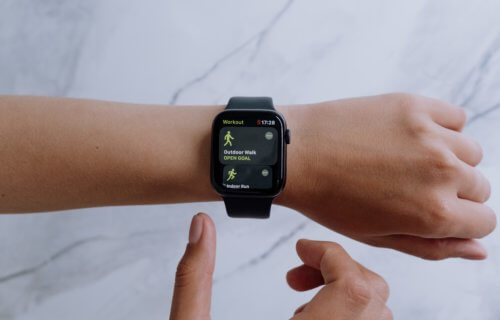SAN DIEGO, Calif. — Everyone reacts differently to the COVID-19 vaccine and your Apple Watch may be able to tell you just how much. A recent study suggests wearable sensors from smartwatches to fitness bands can detect and show how the coronavirus vaccine is affecting your body.
The team from Scripps Research took data from the Digital Engagement and Tracking for Early Control and Treatment (DETECT) project that launched in March 2020. The data kept track of each person’s health two weeks before and after each vaccine dose. Researchers looked at sensor data on sleep, physical activity, and heart rate from 5,600 individuals who received one of the mRNA COVID-19 vaccines.
“Investigating the physiological signals in the period around vaccination can help us better understand the variability of vaccine response between people, as well as the changes from an individual norm due to vaccination,” says Giorgio Quer, PhD, director of Artificial Intelligence at the Scripps Research Translational Institute, in a media release. “As these individual changes are due to a person’s initial immune response to the vaccine, they can potentially help guide future vaccine development to optimize their efficacy and safety, and allow for more precise, individualized vaccine regimens.”
Heart rate appears to be the key
The day after vaccination, the average resting heart rate of participants increased. This effect was even stronger after a second dose. People’s heart rates peaked two days after vaccination before returning to normal four days after the first dose and six days after the second, respectively.
Women were more likely to experience changes in their resting heart rate five days after the first dose in comparison to men. Younger individuals were more likely to show a higher resting heart rate than older individuals after the second dose.
Overall, the vaccine did not cause any major changes to sleep and activity patterns. However, the team did notice an increase in sleep and a decrease in activity after the second vaccine dose.
“While the link between physiological response and immune response still requires further investigation, digital tracking could provide a novel way to identify individuals who may not be responding optimally to the vaccine,” says Steven Steinhubl, MD, associate professor at Scripps Research and senior author of the study.
Additionally, the technology could potentially help scientists understand why some vaccinated individuals receive breakthrough infections.
The study is published in the journal npj Digital Medicine.

